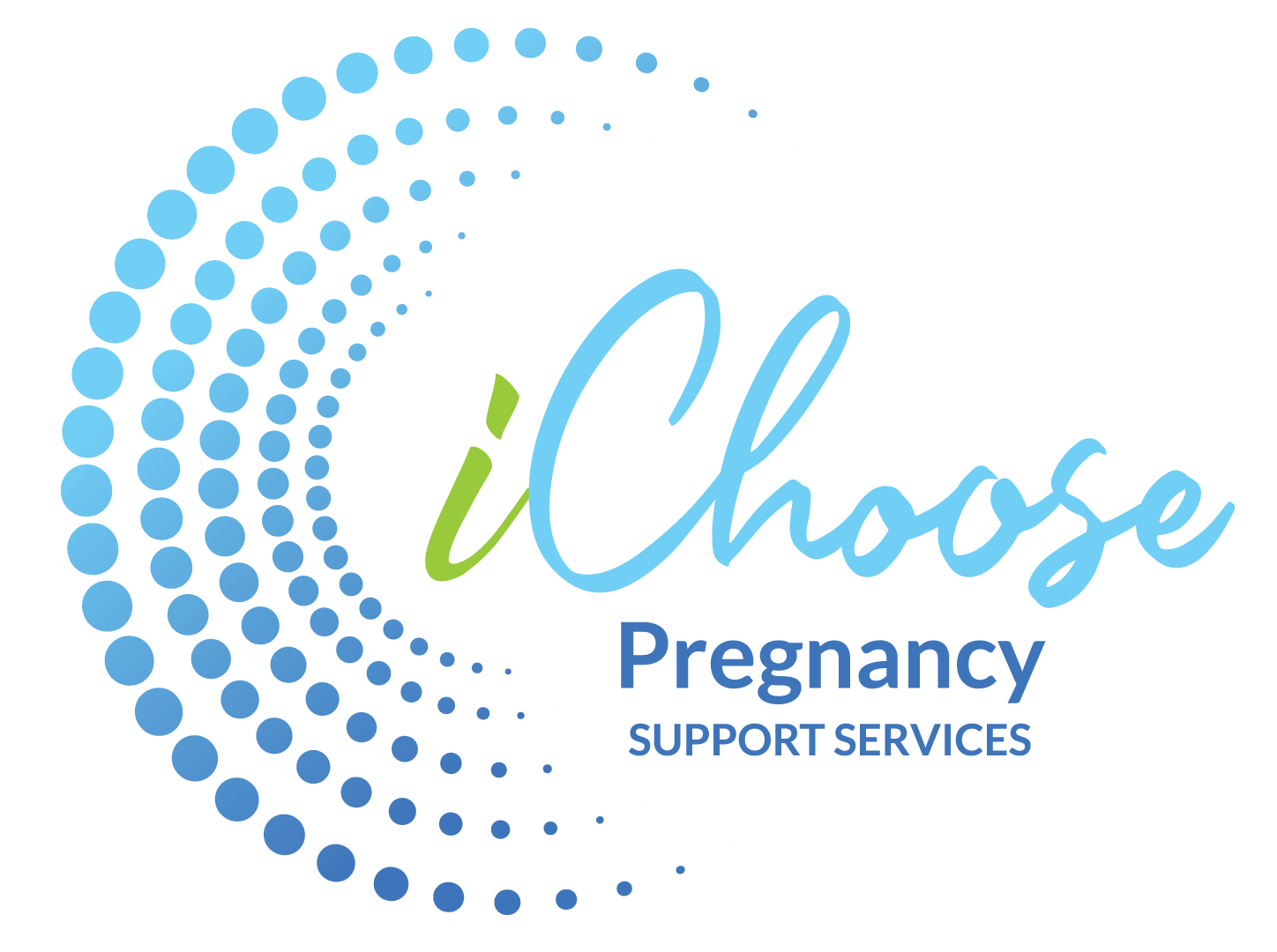Pregnancy Myths vs. Facts: Getting to the Truth
When you're pregnant, it seems like everyone has advice to share! From well-meaning family members to countless articles online, you’re likely to hear a lot of "do this" and "don't do that." While much of this advice comes from a good place, not all of it is accurate. Pregnancy is a time when it’s especially important to have reliable information so you can make the best choices for yourself and your growing baby. At iChoose, we believe in empowering you with truth and support. Let's debunk some common pregnancy myths and separate fact from fiction.
Tackling the Myths
Myth #1: You have to "eat for two."
-
Fact: While your nutritional needs do increase during pregnancy, it doesn’t mean doubling your food intake. The CDC states that, in general, the first trimester does not require any extra calories. Typically, you’ll need about 340 additional daily calories during the second trimester and about 450 additional daily calories during the third trimester. The focus should be on the quality of your food—nutrient-dense choices like fruits, vegetables, lean proteins, and whole grains—to support your baby’s healthy development.
Myth #2: You can't exercise during pregnancy.
-
Fact: For most healthy pregnancies, moderate exercise is not only safe but also highly beneficial. The Mayo Clinic states that exercise can improve pregnancy outcomes. Activities like walking, swimming, prenatal yoga, and modified aerobics can help with energy levels, sleep, and managing pregnancy discomforts. Always talk with your healthcare provider before starting or significantly changing an exercise routine during pregnancy.
Myth #3: Certain foods or how you carry can predict or influence the baby's sex.
-
Fact: Whether you're craving sweets or salty snacks, or carrying high or low, these are not reliable indicators of your baby’s sex. A baby's sex is determined by chromosomes at the moment of conception. While ultrasounds later in pregnancy can often reveal the sex, old wives' tales about food cravings or how your belly looks are just for fun.
Myth #4: Heartburn during pregnancy means your baby will be born with a lot of hair.
-
Fact: Heartburn is very common during pregnancy, primarily due to hormonal changes that relax the valve between your stomach and esophagus, and the growing uterus putting pressure on your stomach. While a small study once suggested a possible link between heartburn severity and baby hair, Penn Medicine notes that most women experience some heartburn regardless, and most babies are born with some hair. The primary causes of heartburn are physiological changes during pregnancy.
Myth #5: You shouldn't take baths during pregnancy.
-
Fact: Baths are generally safe and can be a great way to relax and ease aches during pregnancy. The main concern is avoiding overly hot water. Some medical experts suggest that bathwater shouldn't be hot enough to raise your core body temperature significantly (above 102.2°F or 39°C). This is why hot tubs and saunas are typically not recommended. A warm, comfortable bath is usually fine.
Myth #6: All stress is bad for the baby.
-
Fact: Experiencing some stress is a normal part of life, even during pregnancy. While severe, chronic stress isn’t ideal and can contribute to some health issues during pregnancy, everyday stress is a normal part of life. Stress does not typically cause miscarriage, though significant, prolonged stress can affect your overall health, which in turn can impact pregnancy. The key is to manage stress through healthy coping mechanisms like gentle exercise, mindfulness, talking with supportive friends or family, and ensuring you have a good support system.
Myth #7: If you have one C-section, you'll always need a C-section.
-
Fact: This is a common misconception. Many women can safely have a vaginal birth after a cesarean (VBAC). VBAC is a reasonable and safe choice for many women who have had one previous cesarean with a low-transverse incision. The decision depends on individual circumstances, your medical history, and discussions with your healthcare provider.
Myth #8: You can't drink any coffee or caffeine during pregnancy.
-
Fact: You don't necessarily have to give up your morning coffee entirely. Most experts, including The Mayo Clinic, suggest that moderate caffeine intake—generally considered to be less than 200 milligrams (mg) per day (about one 12-ounce cup of coffee)—is usually safe during pregnancy. It’s always a good idea to discuss caffeine consumption with your healthcare provider.
Getting Accurate Information is Key
With so much information (and misinformation!) out there, it can be hard to know what to believe. Your healthcare provider is your best resource for medical advice and answers to your specific questions. Don't hesitate to bring up any concerns or myths you've heard.
Wrapping Up
Navigating pregnancy is an exciting time, and having accurate information can help you feel more confident and at ease. By understanding the facts behind common pregnancy myths, you can make informed choices that support your health and your baby’s well-being.
At iChoose Pregnancy Support Services, we are committed to providing you with a caring environment where you can get honest answers and compassionate support. Whether you need free pregnancy testing, an ultrasound, or want to discuss your options through our pregnancy options education, we are here for you. Our services are always free and confidential, offered with compassion and hope.
Remember, you don’t have to sort through all this information alone. Contact us today or schedule an appointment online to connect with our supportive team.
When you subscribe to the blog, we will send you an e-mail when there are new updates on the site so you wouldn't miss them.

